Have you ever found yourself with your mouth agape in the egg aisle of your grocery store, wondering how it all became so complicated? I am here to help! Let’s de-code all of those egg labels so that you can feel good about the eggs you feed your family!
EGGS. I love them dearly. But they have suddenly become confusing to so many! With the guidelines behind labeling these days, it’s easy to be deceived into thinking you are doing something healthy.
Across the United States and Canada, 95% of eggs will come from battery cages – where 4-12 birds are stuck into one cage and live their lives in about 67 square inches of space each — the size of an ipad.
Eggs are important to me. They are an excellent source of protein and healthy fat, and if you are consuming the best ones (we’ll discuss that more in a minute), you are also getting a plethora of vitamins and minerals that your body needs. There is a major difference in taste and color between pasture raised and commercial egg yolks. The deeper orange yolk signifies higher nutrition value!
Between cage-free, organic, free-range, vegetarian fed, all natural, etc. there is plenty of room for confusion.
Breaking Down the Labels:
All-Natural
- this basically means nothing. It is a term used all too often to mislead us into buying products because it makes us feel warm and fuzzy inside. It does not mean the chickens are living in a natural environment or eating their natural diet.
Farm Fresh
- while visions of red barns and crowing roosters might flood your mind reading the words “farm fresh,” this label also doesn’t mean much in regards to eggs. It is slapped on most egg cartons today. Trust your eggs are farm fresh if you are being handed them by a farmer, whose hens you can see roaming around!
Cage-Free
- birds aren’t confined to cages but still live in massive aviaries, given about 1 square foot of space each. They can walk around, perch, even spread their wings, but they aren’t roaming around a field.
Hormone Free
- this is an obscure way to label eggs, as most poultry aren’t given hormones to begin with anyway. The label is once again out there to conjure good feelings in consumers.
No Antibiotics
- unless being raised for their meat, hens are not typically given antibiotics. Another instance of shoddy labeling like the others mentioned!
Vegetarian Fed
- I can’t help but laugh at this each time I see it! Chickens are not vegetarians! By nature, they are omnivores and eat worms, bugs, grass, etc. for nourishment. The label means that they are most likely fed a corn based diet that has been fortified.
Omega 3
- the omega 3 wording tells us that the hens were given a supplement of possibly flax seed along with their feed to enhance the quantity of omega 3s in the eggs. Nothing more.
Free Range
- these birds have been given access to the outdoors. They are without cages and are given a door that leads to an outdoor area, typically not very large, and a lot of the birds don’t even attempt to use it because they are so used to being inside. But they are given the option, so the label states that they are free-range eggs. As with the other labels, there is no government oversight to how it is used, so companies can pretty much determine how fitting or not it is to their facility.
Organic
- eggs coming from this label must be free-range (cage-free plus outdoor access), and be hormone/antibiotic free, and given feed without pesticides. This label can occur on traditional commercial free-range eggs where the birds are crowded in large aviaries, or on pasture raised eggs.
Pasture Raised
- when listed as pasture raised, eggs must come from hens that live in as close to their natural environment as possible. They are given a wide range of space to roam and scratch around, plus access to a barn or building at night to be protected from predators. These birds eat their traditional diet along with corn feed.
Clear as mud? Eggs have the potential to be one of the best ways to get protein into our diet. They are an inexpensive source (comparatively) of protein and are extremely versatile. It’s no secret that I couldn’t live without my eggs and I pick up 8-12 dozen about once a week from my “egg man” whose hens are roaming around the yard when I show up!
I know it is lucky to find a source that is so ideal, but there are farmers out there over-run with eggs — find them! Check the paper, local classified ads, or go to the farmer’s market in the summer and make friends with the people selling eggs so that you can get them year-round. There are ways to find these little golden nuggets!
If I were to buy eggs at the store, my first must-have label is the Pasture Raised label. After that, it is all about the same to me. Subtracting from this typical commercial eggs, which I will not support, and which don’t hold enough nutritional value worth purchasing, in my opinion.
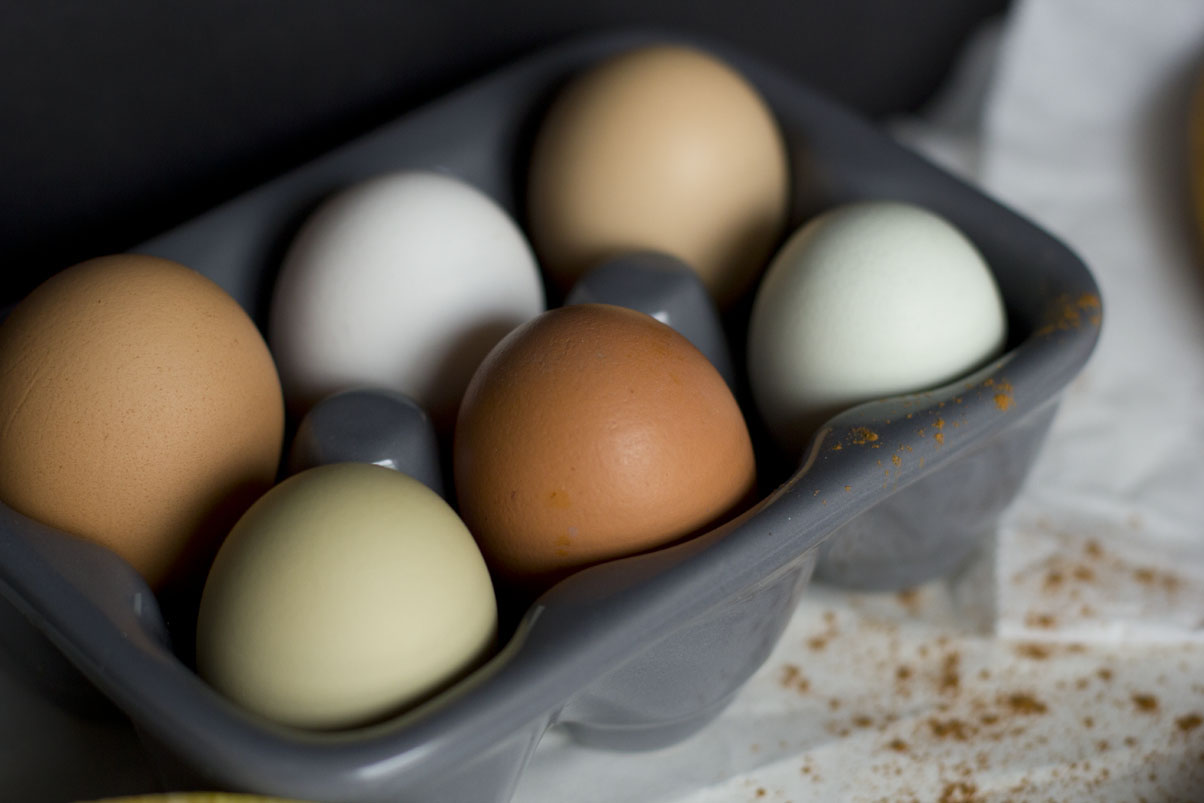
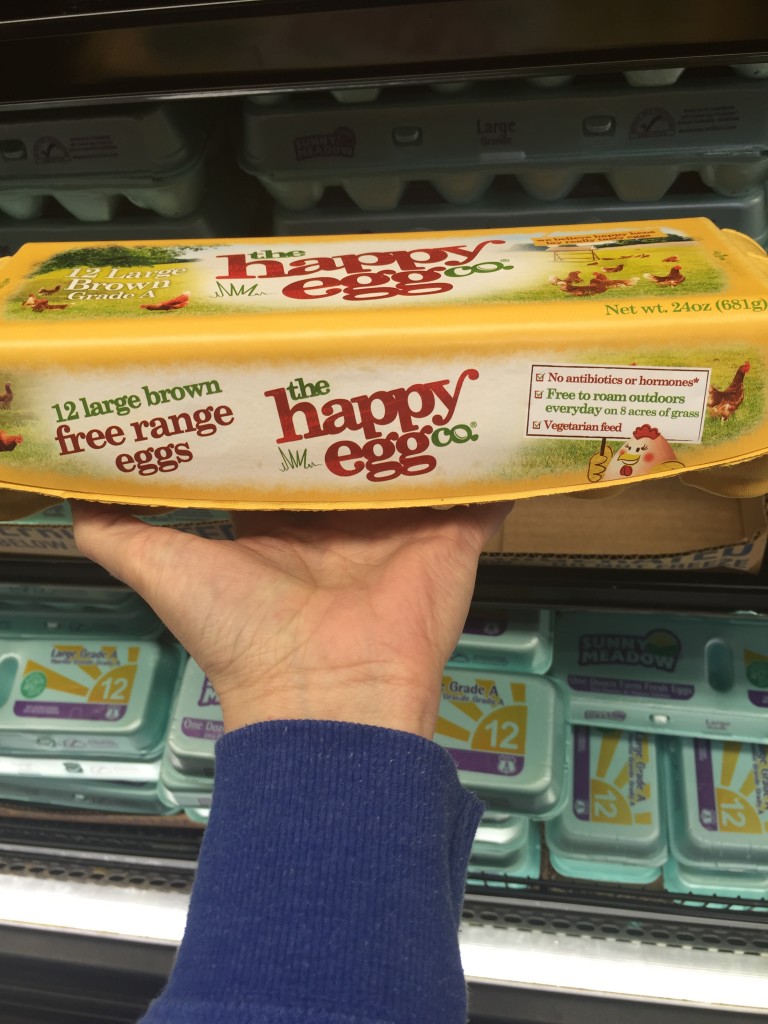
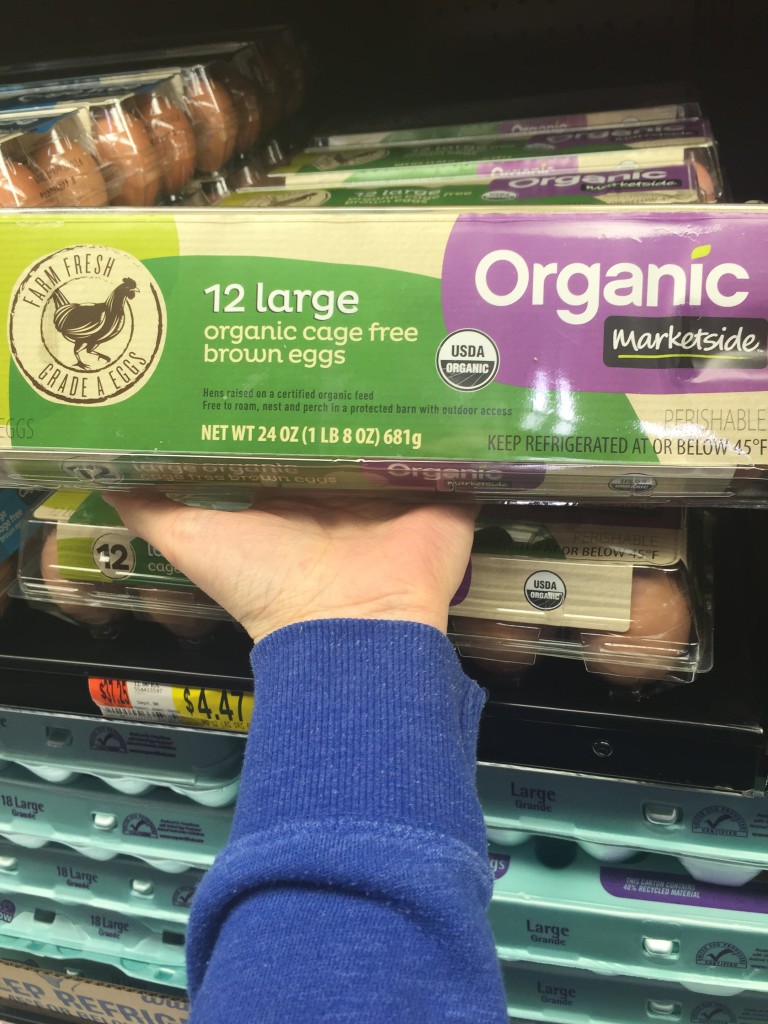
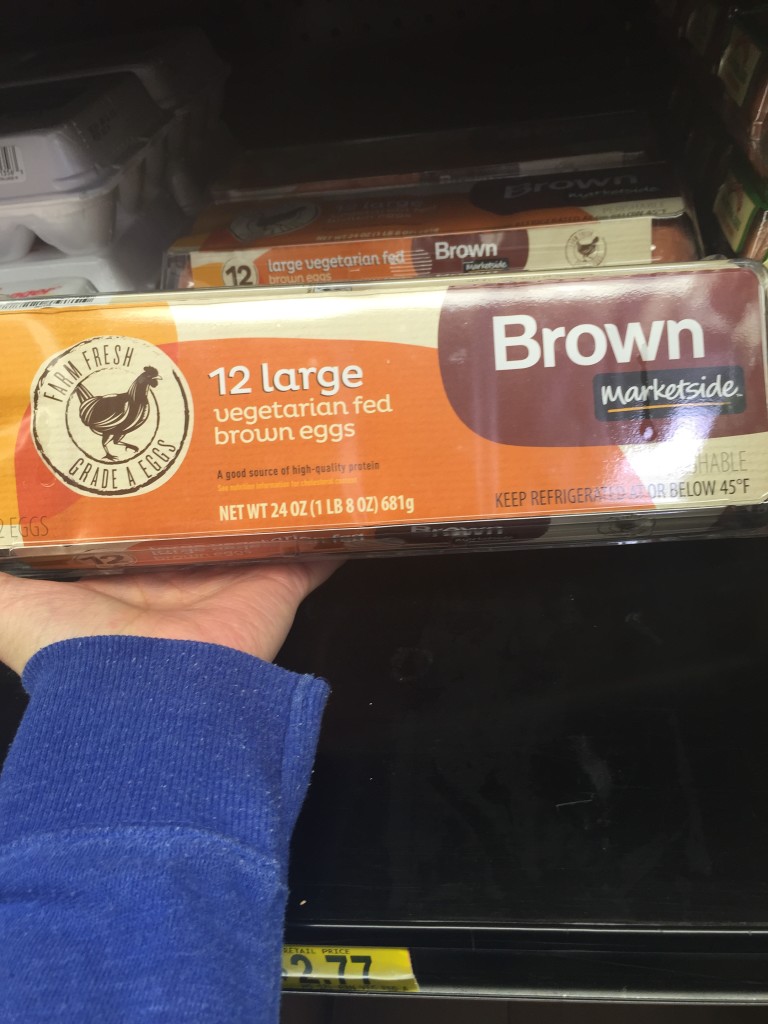
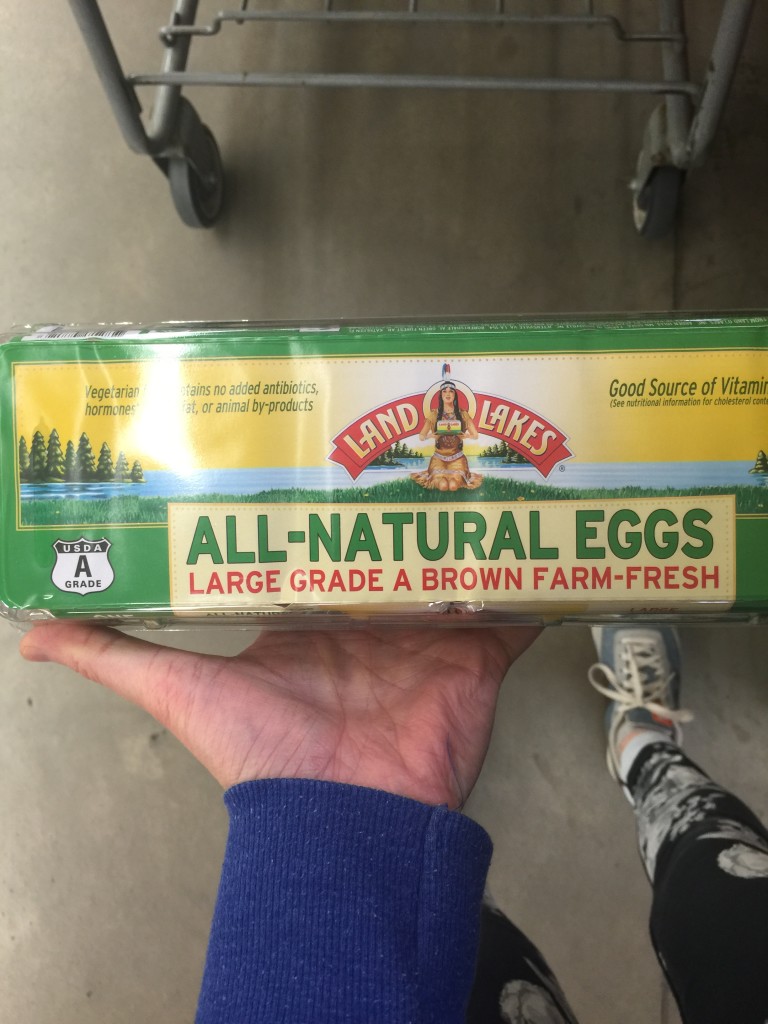
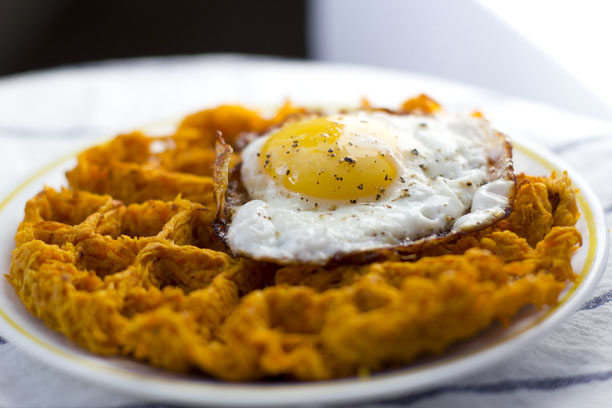
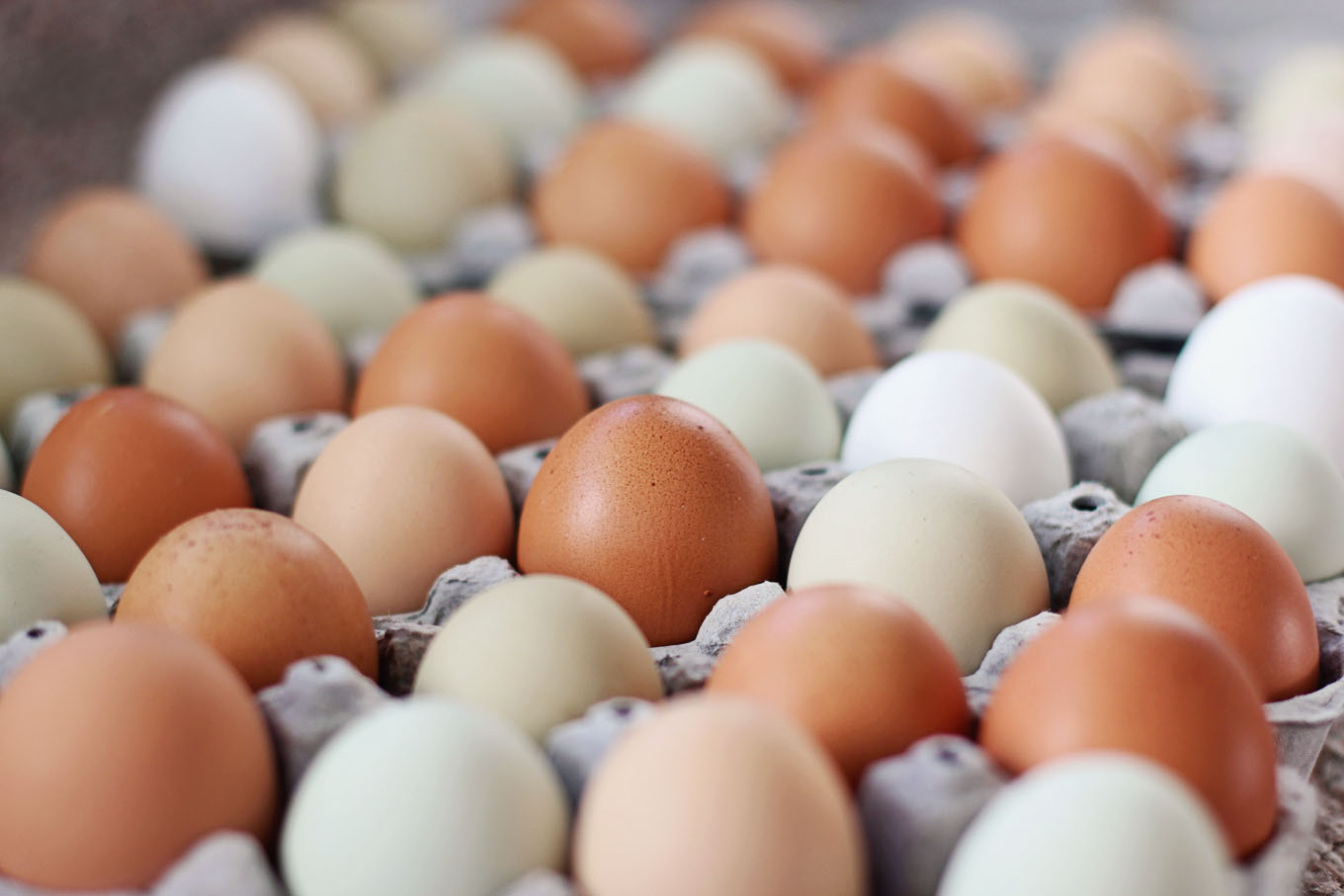
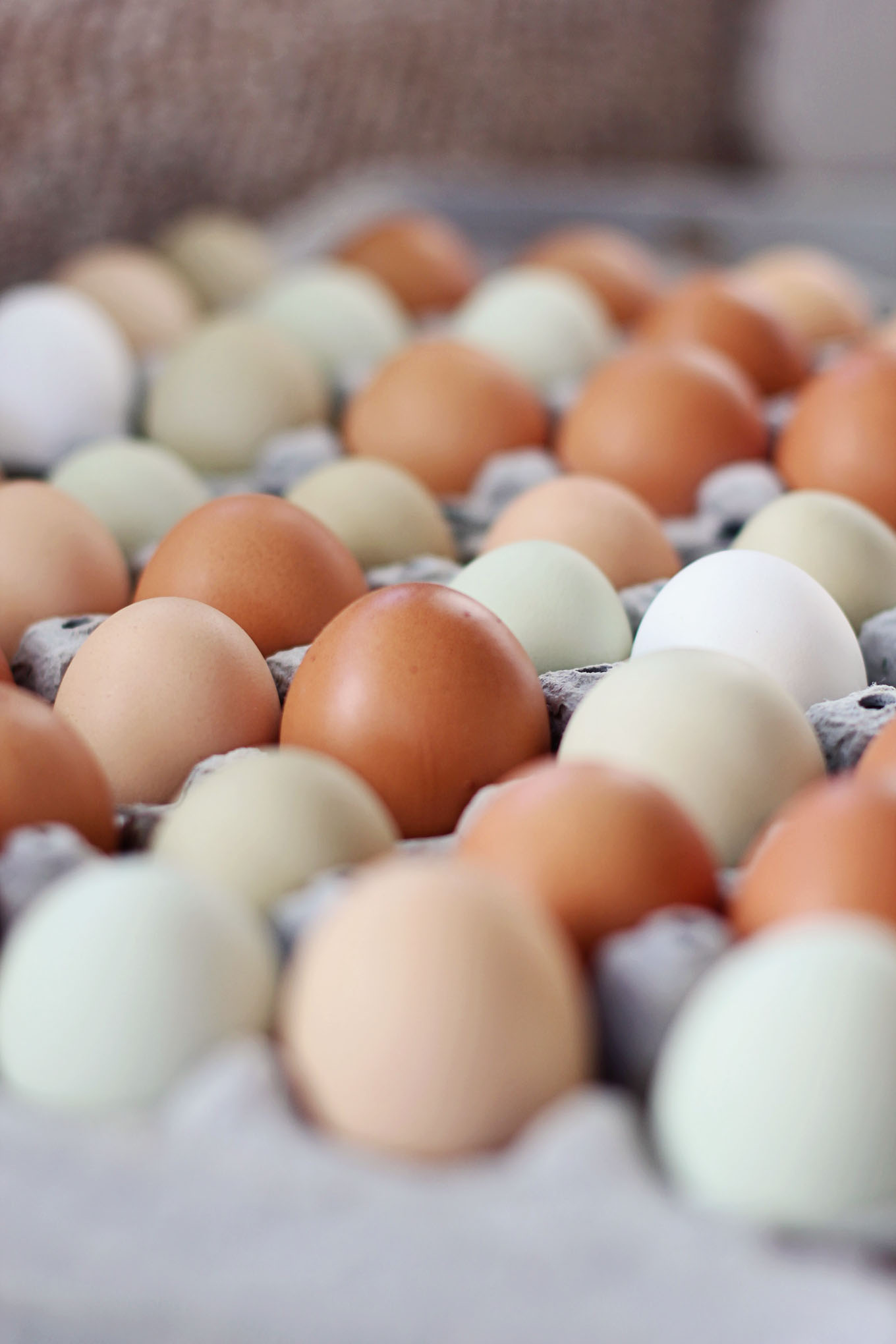
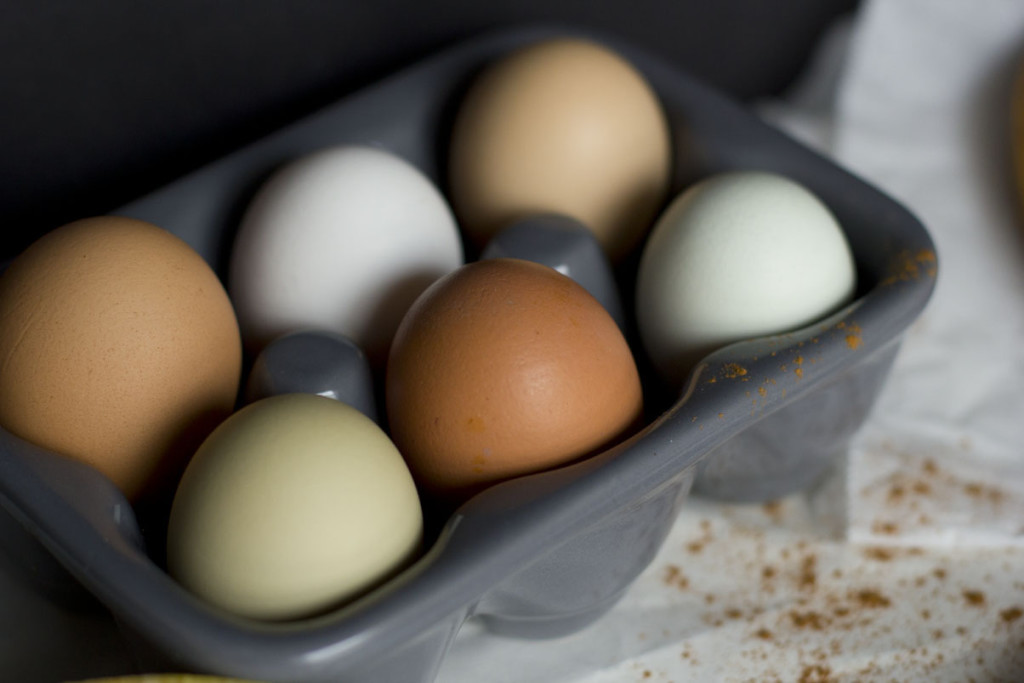
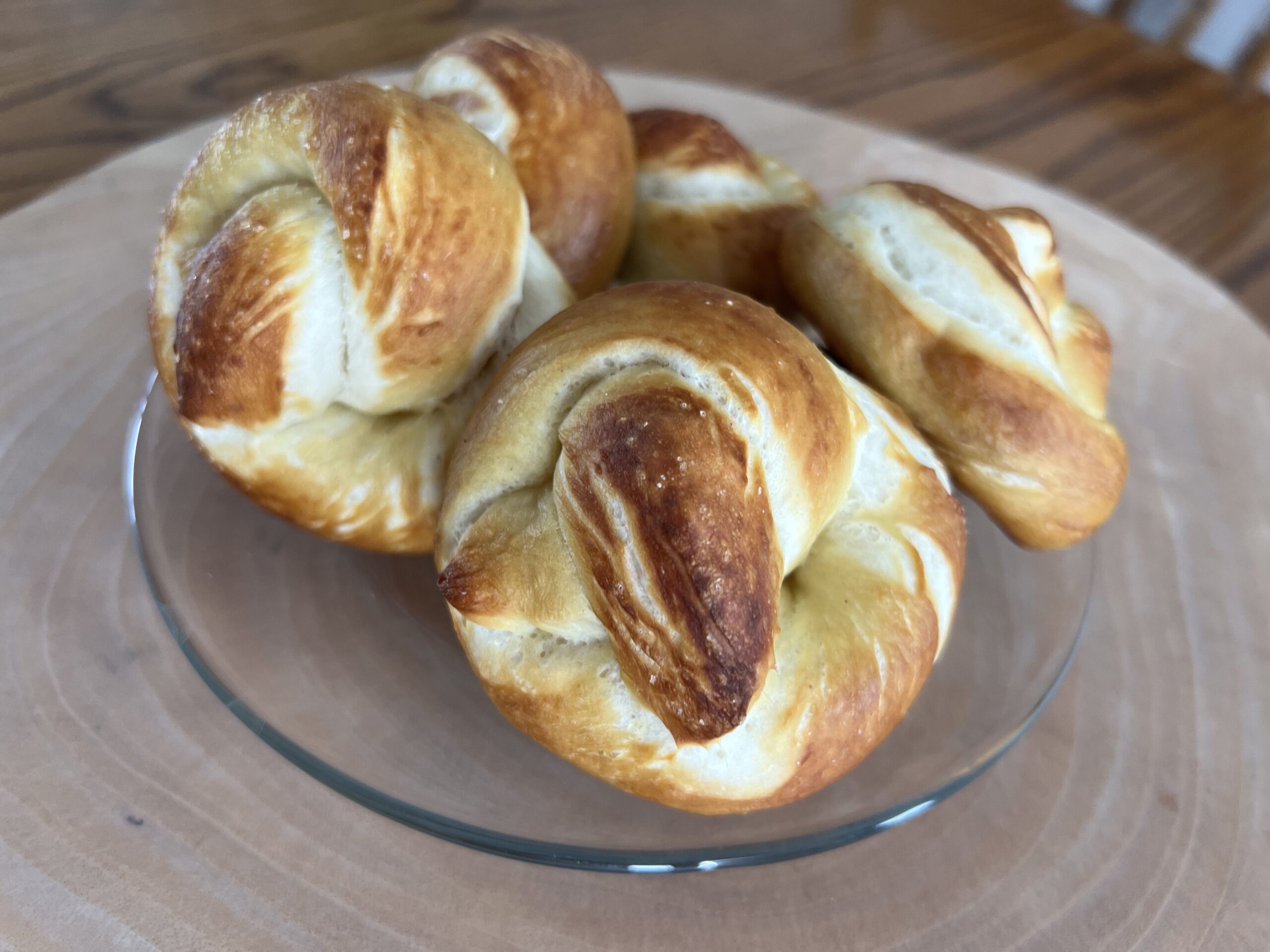

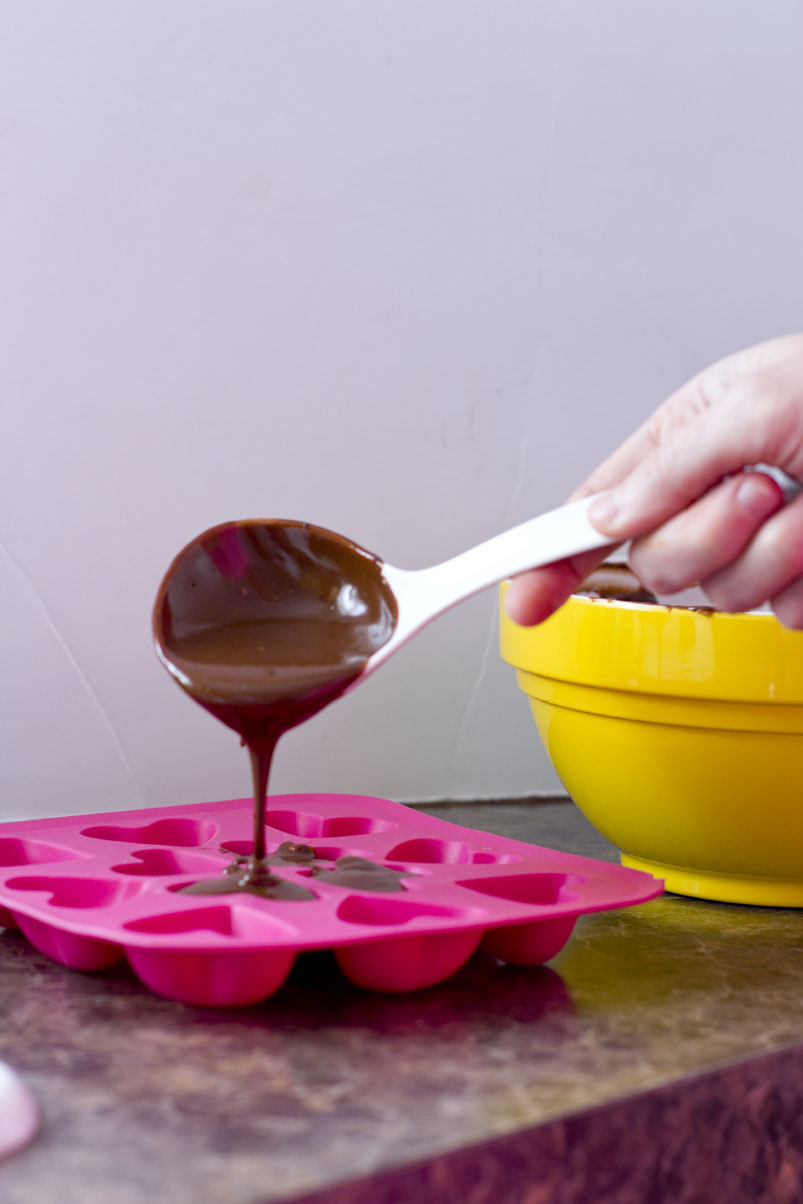


[…] ones to buy, but I have a post all about deciphering labels to get the most nutrient dense eggs, HERE. If you read that, you know why I add the “pastured” to this superfood label. It is […]
Excellent post! Not long ago I read the Wild Diet, and he de-bunked for me some other the labeling myths. It’s annoying how little a label can mean, right?! I’d switched since then to buy organic eggs or finagling some from my friends who have chickens! Now I’m going to start looking for the “pasture raised” label. Thanks!
(Followed over from your superfoods post at SAT!)
Awesome Erica! haha. I need some friends to raise chickens too. That would be nice. I hate labeling. It’s just so deceiving.Thanks for popping over!